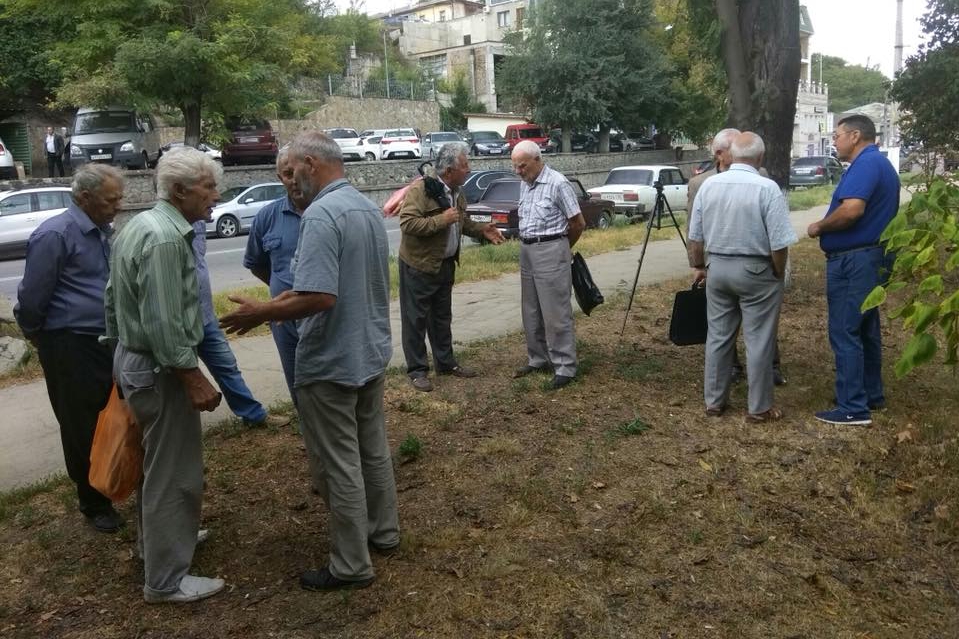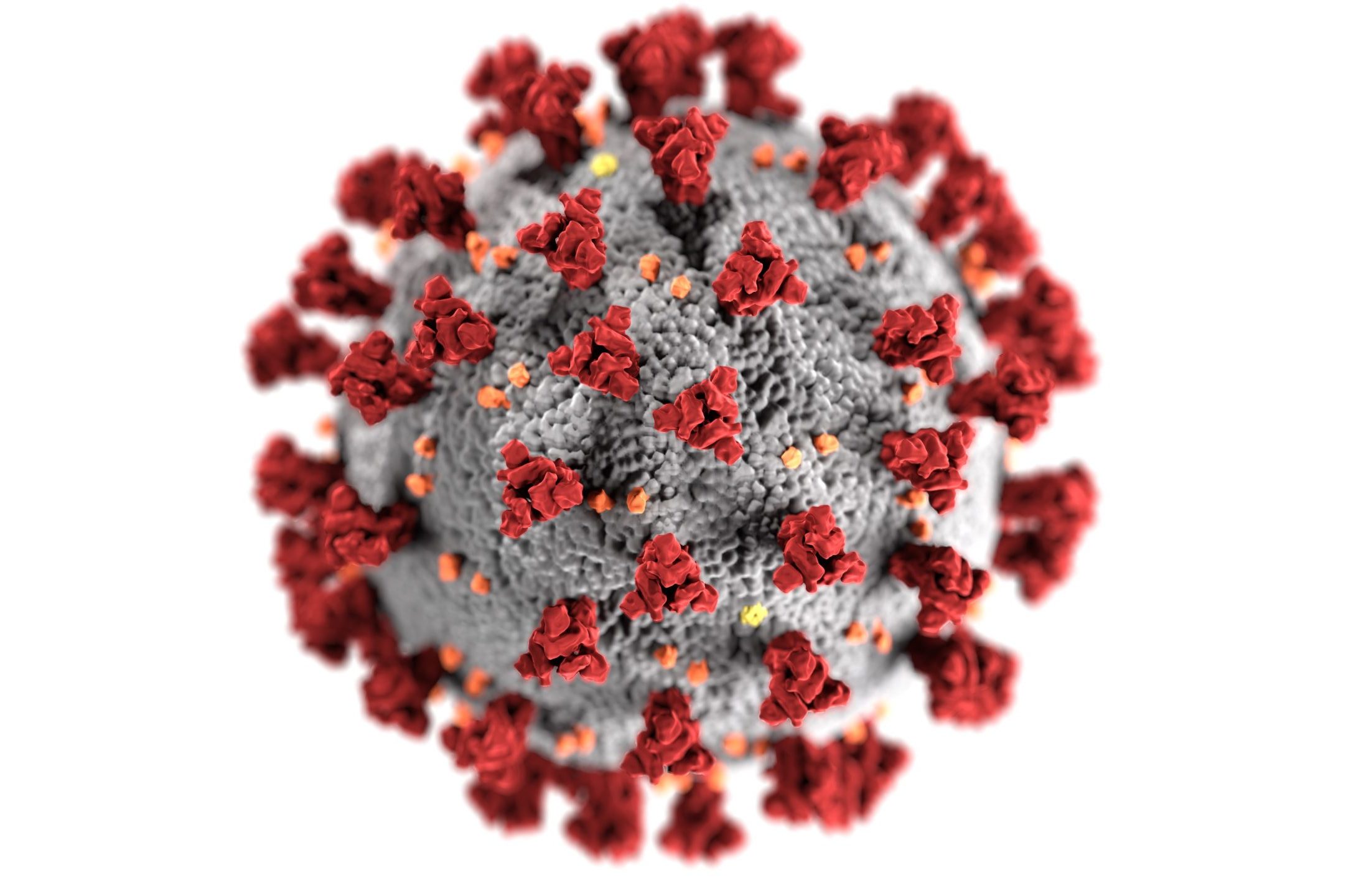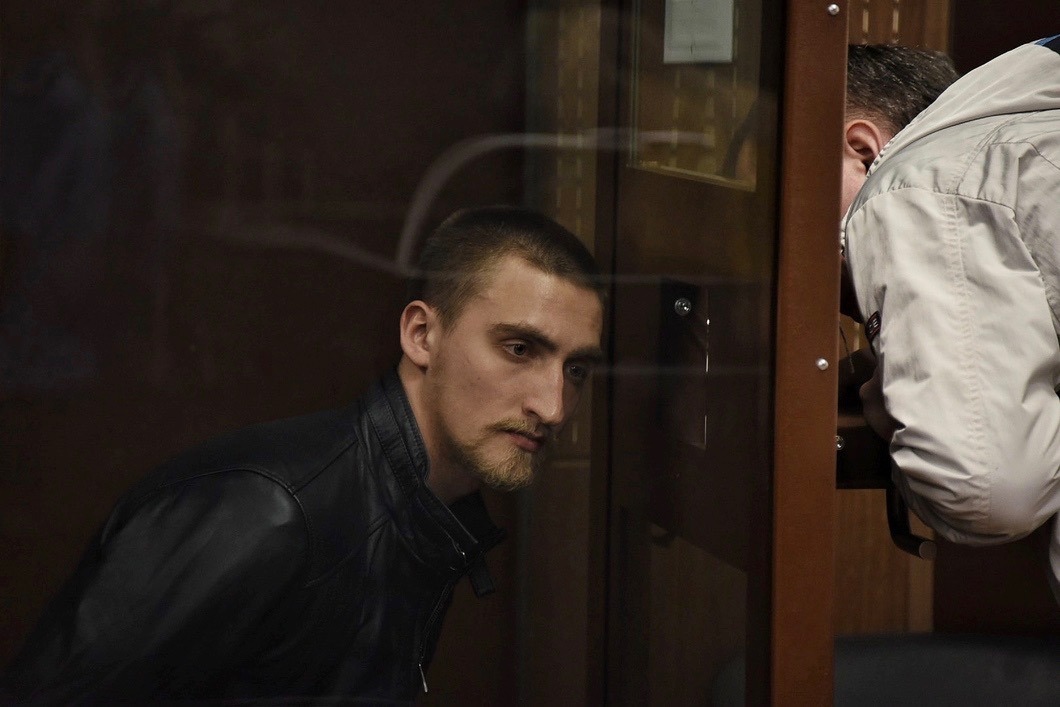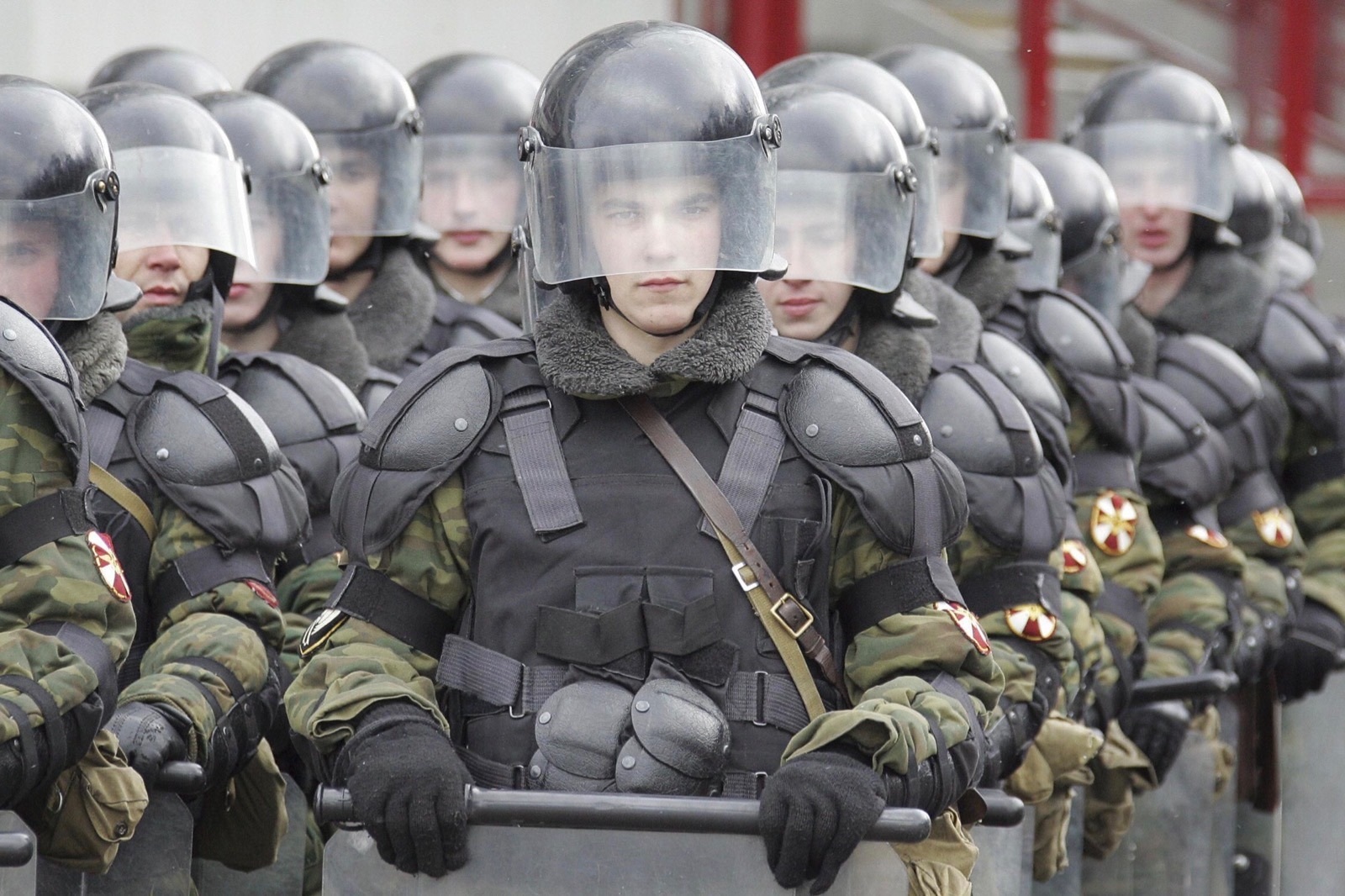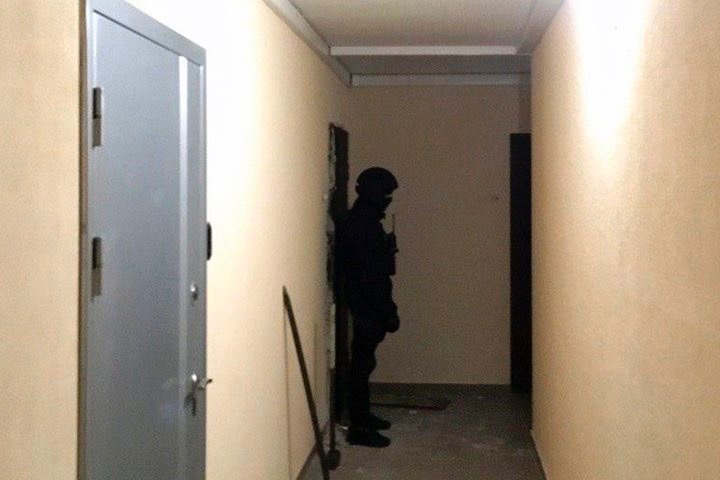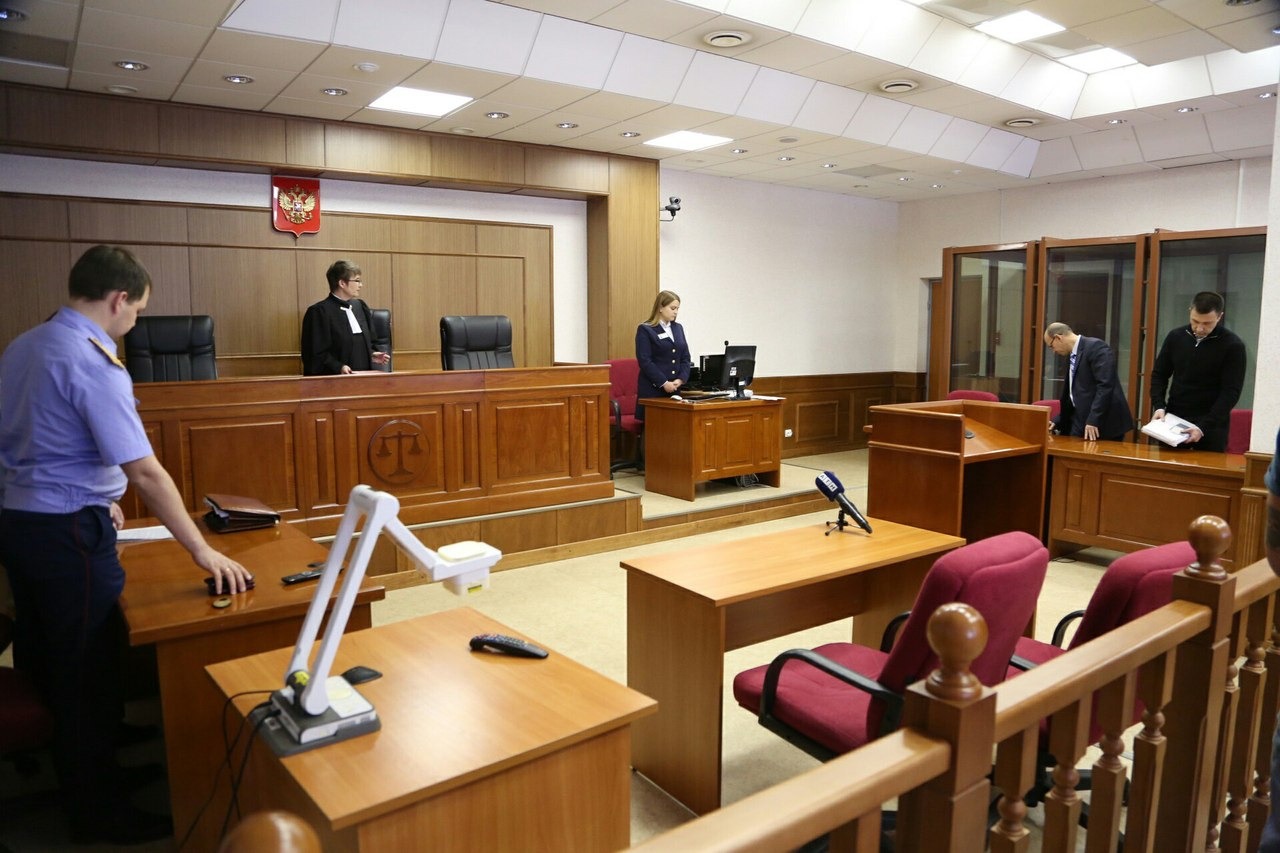On the 11th of September, the Kiev district court of Simferopol extended the pretrial detentions of the Crimean Tatar activists Asan Chapukh, Kazim Ametov, Bekir Degermendzhi and Ruslan Trubach, who are accused of extortion charges, at the center for another two months – until November 15. It was reported by the newspaper “Grani” with the reference to “Crimean Solidarity'”.
The hearings were public.
65-year-old Chapuh, who suffered a mini stroke in winter in prison, became sick at the beginning of the meeting. An ambulance was called to court; physicians checked the political prisoner’s blood-pressure and treated him with injections. At the hearings, all the defendants asked to be a transferred from the pretrial detention center for house arrest; their lawyers insisted on this too. “Over the entire 10 months that I was in the pretrial detention center, my condition just kept getting worse,” Chapukh said. – My blood pressure is rocketing. The made a vegetable out of me in prison. My speech became inarticulate. If you do not want to let me go at least transfer me to a city hospital, where I can be given a qualified examination and treatment.”
Chapukh is a resident of Simeiz, the chairman of the Yalta regional Mejlis. The 61-years old Ametov and the 57-years old DeGermenji had lived in the village of Grushevka (Suvuk-Sala) of the city Sudak before they were arrested; Ametov headed the Mejlis of the village. The 52-years old Trubach is a resident of the village Blijnee (Bai-Buga) located within the boundaries of the city Feodosia. Degermenji is the father of Mustafa Degermenji – a participant of the “26th of February case”. Trubach is the brother-in-law of Suleiman Kadyrov, who was convicted on charges of separatism.
All four defendants are charged with points “a”, “d” of clauses 2 of Article 163 of the Russian Criminal Code (extortion of money in large amounts committed by an organized group, up to 7 years in a colony). In late May Chapuh was additionally charged with clause 1 of Article 222 of the Code (illegal possession of weapons and ammunition, up to 4 years).
According to the prosecution’s story in relation to the charges under Article 163, the defendants extorted 7,000 dollars from the Turkish citizen Yusuf Aytan. In fact, having ingratiated himself with the granddaughter of the 83-year-old resident of the village Novoklenovo (Uchkoz) in the Belogorsky district, Vedzhie Kashka, a veteran of the Crimean Tatar national movement, Aytan had stolen the 7, 000 dollars from the family
The Turk had promised to return the money to Kashka. The meeting was arranged for the morning of 23 November 2017 in the Simferopol café Medobory. Kashka arrived there, accompanied by Chapukh, Ametov and Degermenji. During the meeting, FSB security officers and the police broke into the café and detained all four men. The men were forced face down on the floor.
Kashka became ill during the detention. An ambulance was called, but the activist died on the way to the hospital.
Trubach, who was not present at the meeting in Medobor, was detained the same day.
Serious health problems developed in custody not only for Chapukha, but also for Degermenji, who has a group III disability due to a severe form of bronchial asthma. In December, after several weeks without adequate treatment, he ended up needing resuscitation. A month later, at routine hearings to extend the arrests of the political prisoners, Semedlyaev’s lawyer pointed out that Degermendzhi’s disease is on the list adopted by the Russian government of diagnoses that preclude detention. However, the judge ignored this circumstance.
Earlier, lawyer Nikolai Polozov appealed to the Investigative Committee of Russia with a demand to open two cases in relation to Kashka’s death. The first case, he pointed out, should be brought under the article of the Russian Criminal Code on murder or manslaughter, and the second case brought under the articles on the abuse of powers and exceeding one’s powers. However, the chief investigator of the department of the Investigative Committee of Russia for the Kiev area of the annexed Simferopol, justice major N. Balashova, refused to initiate cases. However, her judgment did name the officers who had carried out the arrests in Medobory.

